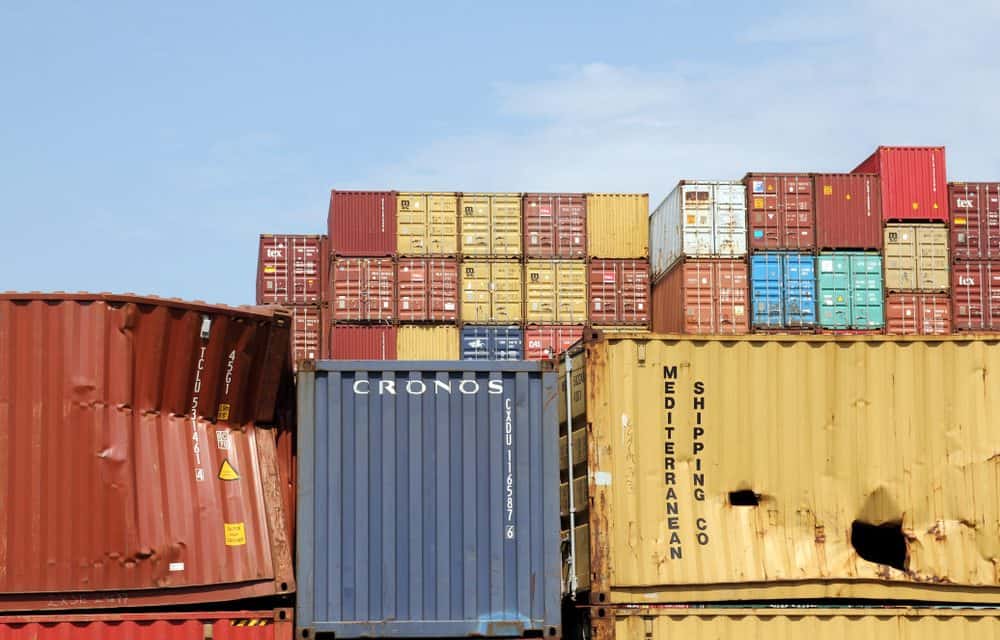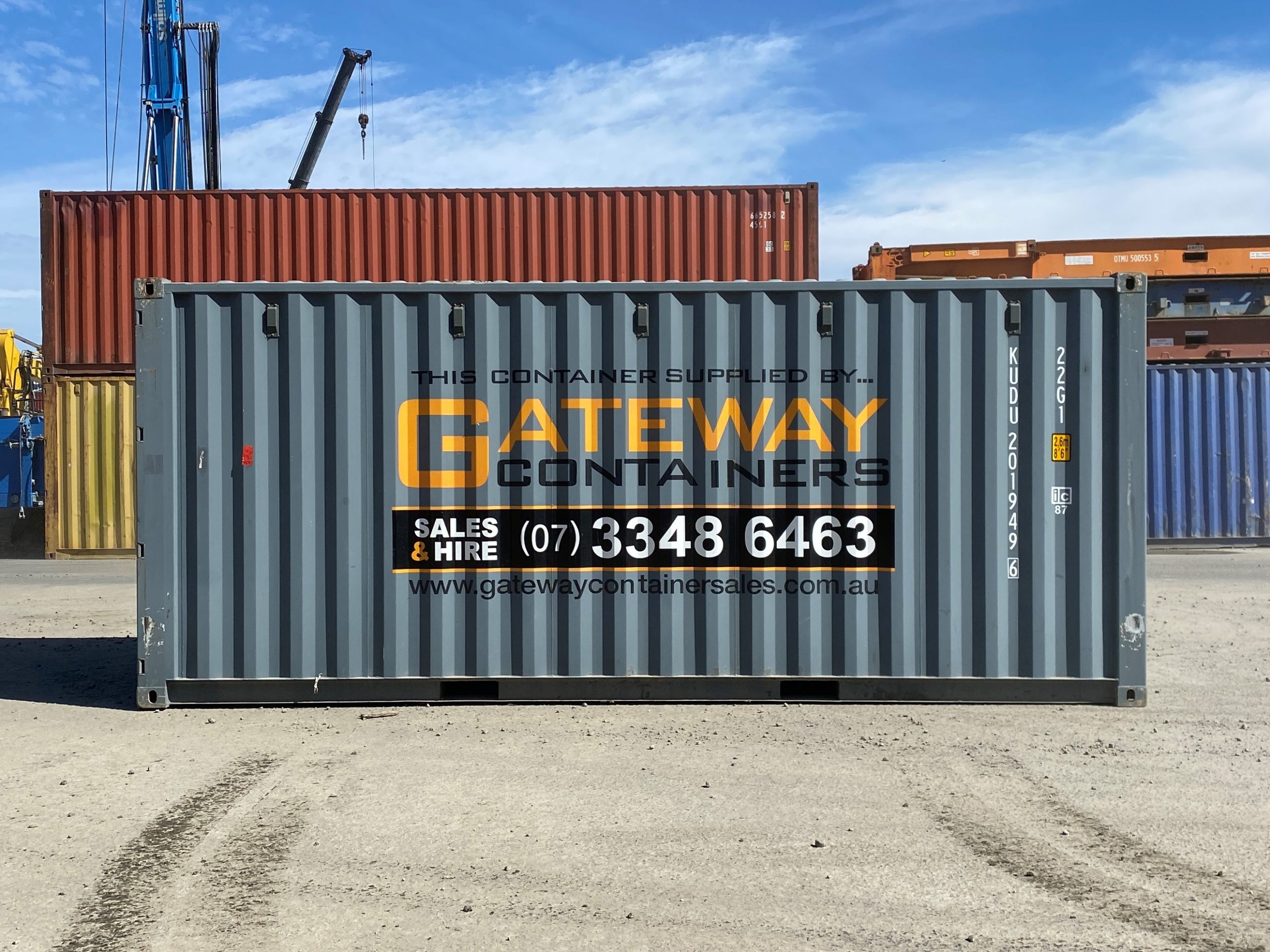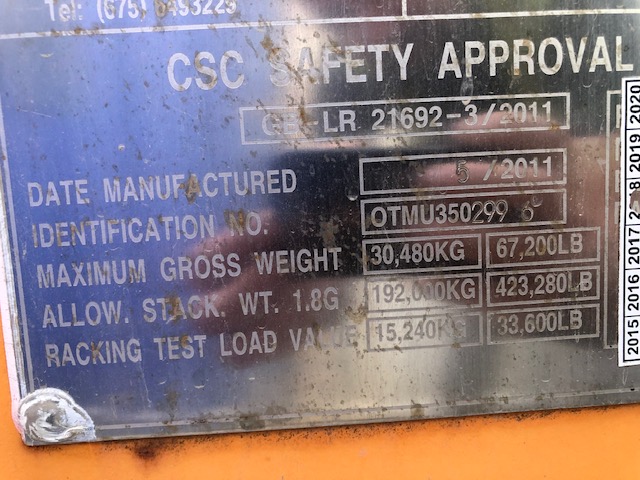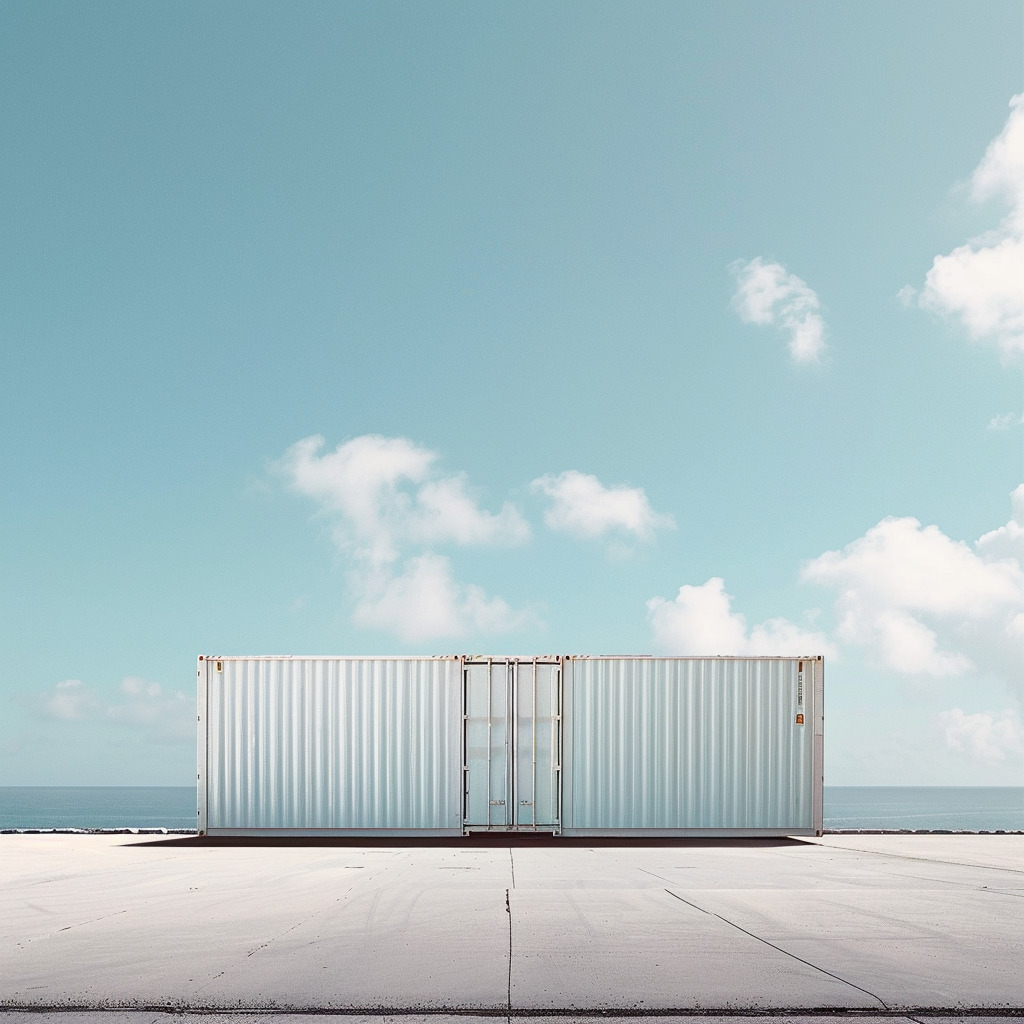1. Check the shipping container

The first thing to remember is that shipping containers have a number of components that can make them a good or a bad purchase. Before making a purchase you need to be sure that these components are in a suitable state for you to use it.
Ideally you should go on site and physically check that:
-
The seals on the doors are weather and/or pest-proof
-
It has had its last owned company’s branding removed
-
Rust and wear and tear is in an acceptable level
A good shipping container sales company will grade the container according to four categories
-
New will be straight from the factory and in almost perfect condition.
-
A grade used containers are in very good condition and you can expect to get around 15 years of use out of them before they require repairs.
-
B grade used containers are in good condition, but may have a couple of dints or some superficial rusting.
-
C grade used containers are in fair condition, but may have been knocked around a little in their previous life shipping goods around the globe.
With this knowledge you need to assess the market.
2. What’s the going rate?

The saying ‘buy cheap – get cheap’ applies to shipping containers too. Unless the shipping container sales company is owned by your best mate and he’s helping you out with a container to help you get a new business venture off the ground, you’re not going to see crazy variations in the price across the market! To that extent it will help for you to shop around and get an idea what a used shipping container will cost for a given quality.
Doing this will stop you from both extremes – paying far too much for one in those A, B or C categories or believing you have an impossibly good deal and walking away with a container that normally would be only fit to be cut up and melted down.
3. Check the container company

In order to get a
With the exception of a mate selling you one at a nominal cost, shipping container sales companies will have to buy them themselves from the big carriers of the world at prices that don’t vary a lot. They then need to invest time in them repainting, checking and storing them. They will have a marketing, accounts and admin budget. On top of the cost of moving the container through their yard, the broker will need a profit on each unit sold, like every business model on the planet! That’s why prices do vary but you won’t get an A grade container from anyone that’s cheaper than everyone else’s C grade.
Do have a look online to see what’s what with regard to a company’s reputation. Google isn’t the final arbiter of everything but if a company has been ripping people off for a while then that will soon show up.
Talk to Gateway Containers
If you follow the above advice when dealing with shipping container companies, you should have no problem finding and receiving the best container, whether you want to transport or store goods or tackle a building project. Need help?




